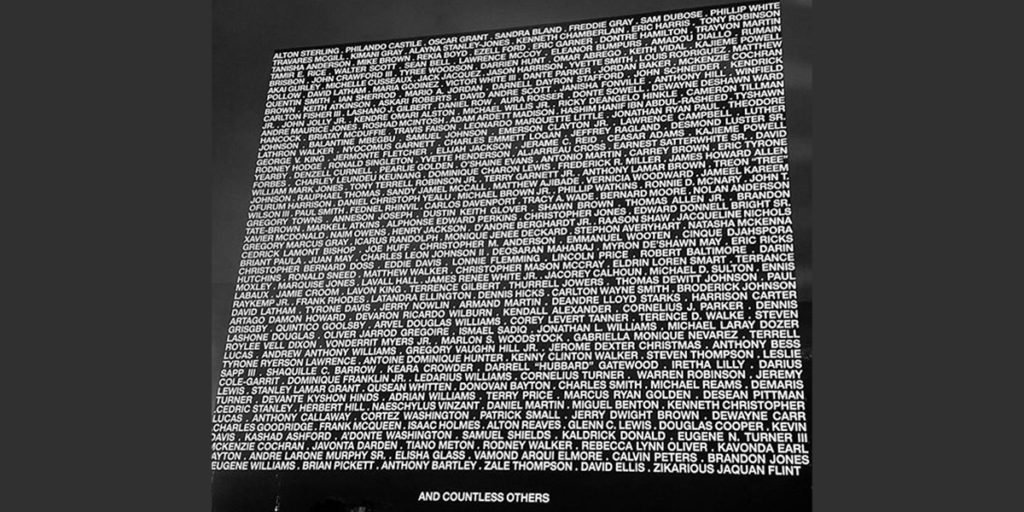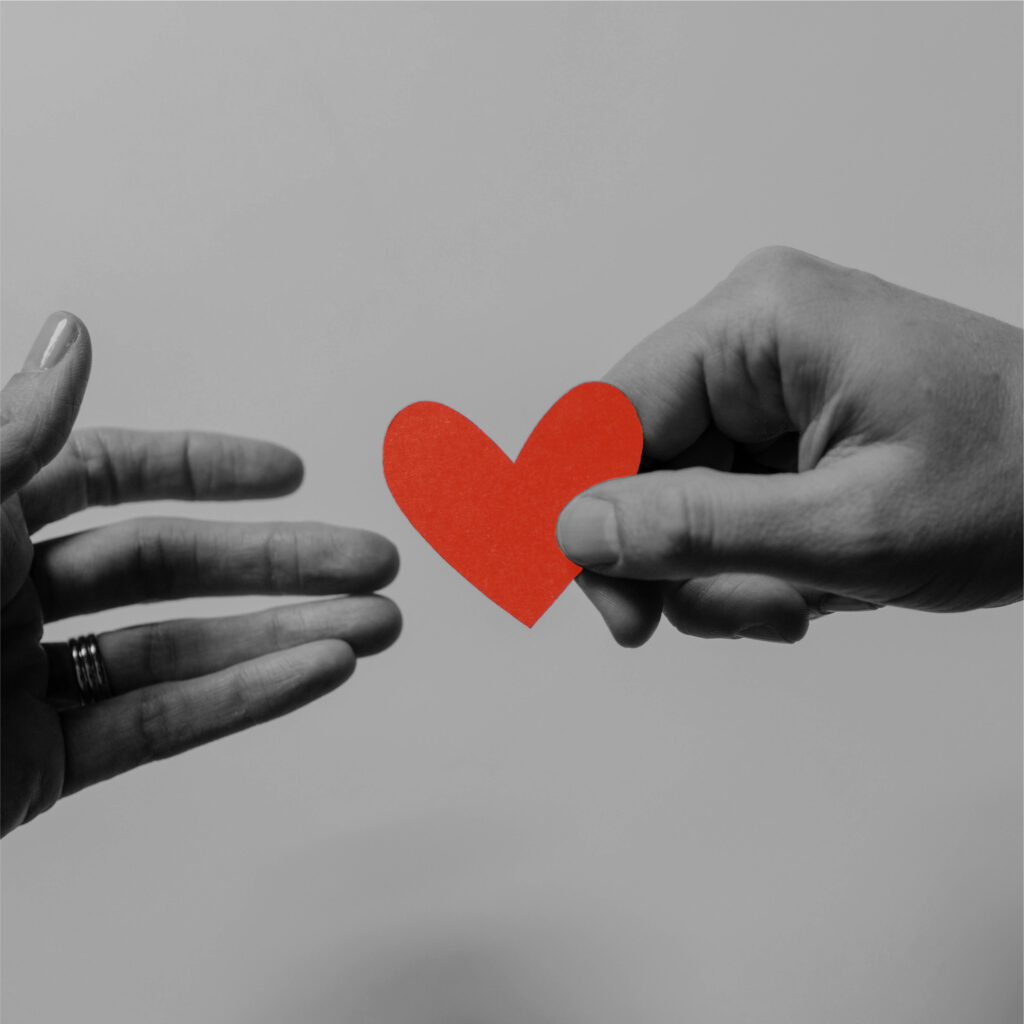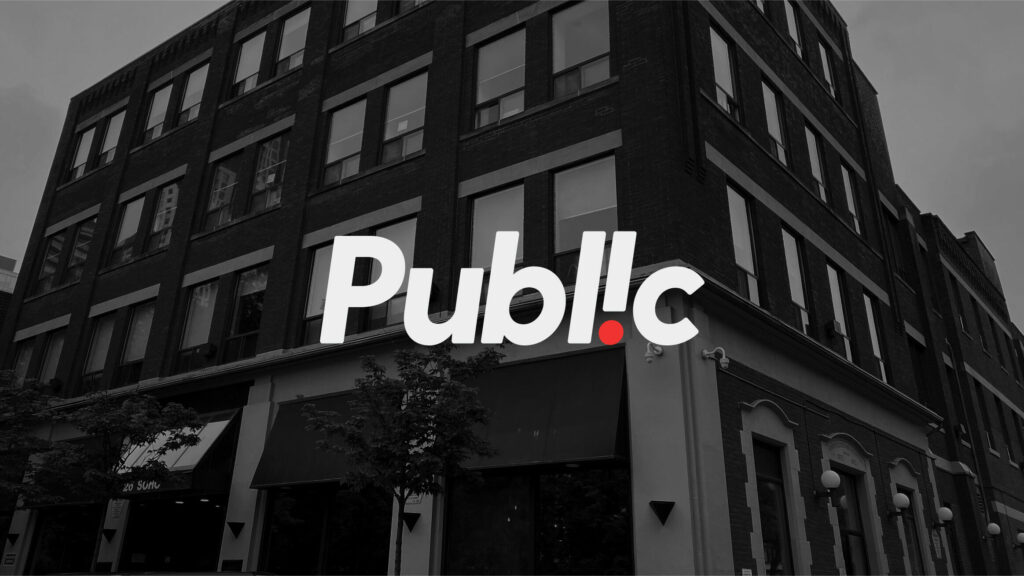By Julian Battersby-Morris

Monday, May 25th was a Monday like any other. A man in Minneapolis begged for – and was separated from – his life. George’s was a black life. That’s why this matters.
That’s why people entered the weekend wiping tears from their eyes.
And flushing out teargas using milk.
Officials have said that an “underlying condition” might have played a role in George’s death.
If your child hears these words, they might understand them as meaning:
“The condition of lying underneath a policeman’s knee. Unable to breathe.”
They wouldn’t be wrong.
Another preexisting condition: A system designed to devalue and disadvantage George at every turn.
Evidence of this gruesome condition is replaying on every channel of the news. Including your aunt’s Facebook.
It is available for your children to see. It is a free resource for homeschoolers, trying to teach – among other subjects – race to their children.
“Free” might be too strong a word.
From the news, you’ll also learn that George was a gentle giant.
Was in the process of turning his life around.
Was not resisting the cops who squeezed the life out of him.
But being a gentle giant can’t be a prerequisite for a black person to be spared a violent death by states sworn to serve and protect them.
It happens here, too. Wednesday, a woman named Regis Korchinski-Paquet died tragically, falling from her apartment building balcony in the middle of a mental health crisis, at which several police were present.
This investigation is ongoing.
Both by an SIU and the court of public imagination. A rapidly escalating distress call. A sick woman who is my cousin’s age, scared and surrounded by police. A struggle. Cries for help. Suddenly, another person who looks like me is on the news.
If you’re like me, you have been conditioned to graphically replay such events in your head from every possible angle– A disturbing side effect of the volume of smartphone footage capturing black people’s tragic relationship with the police.
The investigation is ongoing. But whatever happened to Regis, it wasn’t justice.
As usual, Twitter was in a righteous uproar.
An outpouring of support for Regis’ family has raised six figures.
A deluge of angry bodies filled the ghosted streets on Saturday.
The protests here, at least, have been peaceful.
Some peace is necessary.
The criticisms raised by many that widespread riots stateside have ceased to be “about George Floyd” just don’t make sense to me. Were they ever just about George?
Whatever you think about the protests, I hope you do think about them. I hope your kids know about George and Regis. I hope you find a way to talk about it.
As a black person, I am still learning how.
I’m writing this here because I don’t know how to use Twitter for these things, although perhaps I’m supposed to.
I’m writing to you because you are a relatively small, and somewhat captive audience.
I’m writing, frightened to death of what you might think. But equally frightened that if I don’t speak, I might lose my voice.
And because it’s better for you to know what I’m feeling, rather than guess. Or simply not care, which is often enough to get black people killed.
I’m writing this because my job is to write words that influence behaviour, even if they fail to change the world. I guess that means I’m one of the lucky ones.
On top of the COVID death toll, fear and rage seem to be steadily mounting in our world today. With powerful platforms at our disposal, we are obligated to amplify the voices of those less heard and less understood. Whether you’re an individual, a brand, or someone in government, we all need to acknowledge our role in the system that led to George’s death.
Unfortunately, words don’t do it justice. That’s why America is currently in flames.



